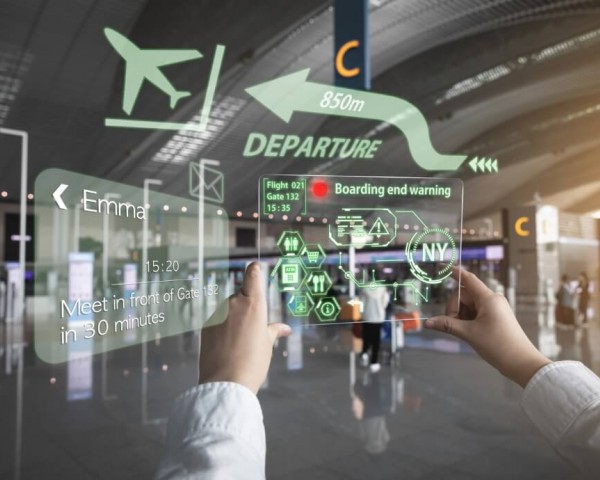The world of tourism is standing on the edge of big changes, expecting around 2.4 billion international trips a year by 2040. This is according to a detailed study by Deloitte. Using information from billions of online searches and a huge collection of data from 230 countries, the report gives a clear idea of how travel choices, new technologies, and different markets will change over the next 15 years.
New destinations are becoming popular, caring for the environment is a must, and technology is changing how people travel. Because of this, the industry has big chances and tough challenges ahead.
Shifting Destinations and Market Dynamics
The tourism scene around the world is changing in a big way. Places like Spain, France, and the United States will likely still be popular. However, they might not have as big a share of the market as before. New areas, such as Southeast Asia, the Middle East, and the Caribbean, are expected to grow a lot. Countries like Saudi Arabia, Indonesia, and the United Arab Emirates are predicted to be among the top 15 travel spots worldwide by 2040. This change shows that travelers want different things and are starting to like places they didn’t think about before.
One of the main reasons for this change is that more people in growing countries have enough money to travel. Countries like India, Pakistan, Brazil, and Mexico are becoming big sources of international travelers. Specifically, India is anticipated to have around 145 million international trips by 2040. This is because more people have a comfortable amount of money, and they have more money to spend.
The Four Traveler Archetypes
The study talks about four main types of travelers who are shaping the future of travel:
- Newcomers: These are young people from countries like India and China. They don’t have a lot of money, so they want short, cheap trips.
- Amateurs: These travelers are from places like the United States and Japan. They are going overseas for the first time because they have more money and want to travel far.
- Experienced: These are older travelers from countries like Spain and France. They have a steady income and usually travel in the same way.
- Super-experienced: These travelers are from places like Germany, the UK, and Singapore. They travel a lot, but the number of trips they take isn’t increasing that much.
These types of travelers show why people travel and what they want. Because of this, companies need to find different ways to meet their specific needs.
Technology: Redefining the Travel Experience
New technologies, such as artificial intelligence (AI), virtual reality (VR), and Web 3, will completely change how people plan and enjoy their trips. These tools will let travelers see places virtually before they book anything. This will give them a preview of different things, from famous landmarks to what resorts offer. AI can also provide real-time translations and personalized suggestions, which will help people from different cultures and languages travel more easily. These new things promise to make travel more convenient and give people better, more personal experiences.
Sustainability: A Core Expectation
Because of climate change and people being more aware of the environment, caring for the environment is now a must for the travel industry. Travelers are asking for eco-friendly travel options and want to know where things come from. From flights that don’t harm the environment to hotels that are sustainable, travelers want companies to care about the environment and society. This is also creating new ways of doing business, like travel subscriptions and bookings that focus on experiences. Because of this, companies need to rethink how they usually do things to stay competitive.
Challenges and Opportunities for the Industry
By 2040, travel companies will face some tough challenges. To stay successful, businesses need to change:
- Evolving Business Models: Being able to change, personalize things, and work with other companies will be very important to meet what travelers want.
- Operational Innovations: Companies need to use technology to make things easier for travelers and offer better service.
- Global Risks: Political instability, rising nationalism, and cyber threats bring risks to the future of travel, requiring proactive risk management.
Over 2.4 billion international trips means a huge opportunity out there. But, this only really applies to those who jump in and take action. If travel companies start using the newest technologies, really focus on sustainability, and change to meet what different travelers from around the world want, they can definitely make the most of this lively environment. The future of travel has kind of already started, and right now, everyone’s trying to get ahead and shape how it looks.

